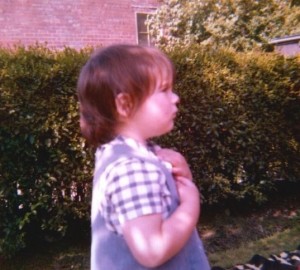I am lurgified. My head feels like it has been stuffed with bees. In case you are not sure, this is a bad thing. Please feel sorry for me.
Anyway. On with the blogathon.
Recently I read Love Medicine, by Louise Erdrich. It is beautifully written. Her characters are so vividly realised that you can see them, hear them speak. They walk off the page and sit down next to you, telling their stories. Not only that, but their homes, the towns in which they live, the shape of the reservations, are made utterly concrete and real through Erdrich’s prose.
It made me think about how good writers are detailed and authentic in their settings. I think setting is the most difficult thing for many writers to master. If you do not come from an interesting place, a strong culture, a turbulent history, how do you create deep, realistic settings in your stories?
I am pretty sure that this is one problem that drives many writers to fantasy and science fiction. Writing fantastical worlds is easier than making the truth of how we live now come to life on the page. Not that there is anything wrong with fantastic or futuristic settings – as long as they are well rendered (honest, plausible, detailed), they are a vital element of good storytelling. But isn’t it a little bit easier, when you can draw your own map of your own world?
I’ve travelled a little bit and lived in a few different places, and whilst that definitely feeds the imagination, there is also a lack of depth in my knowledge of places. I currently live in a city that is rather uninspiring to me, although I happen to know it extremely well. The ideal is probably to live in a place that you know deeply and which you also find inspiring. I think writers in such circumstances are lucky indeed!
The issue of setting comes up in my writing all the time, and it is what I struggle with probably more than any other aspect of my writing at present. Do you struggle with setting, or does it come easily to you? Which writers do you think handle setting well? And do you think I should move to another city in order to improve my writing?

